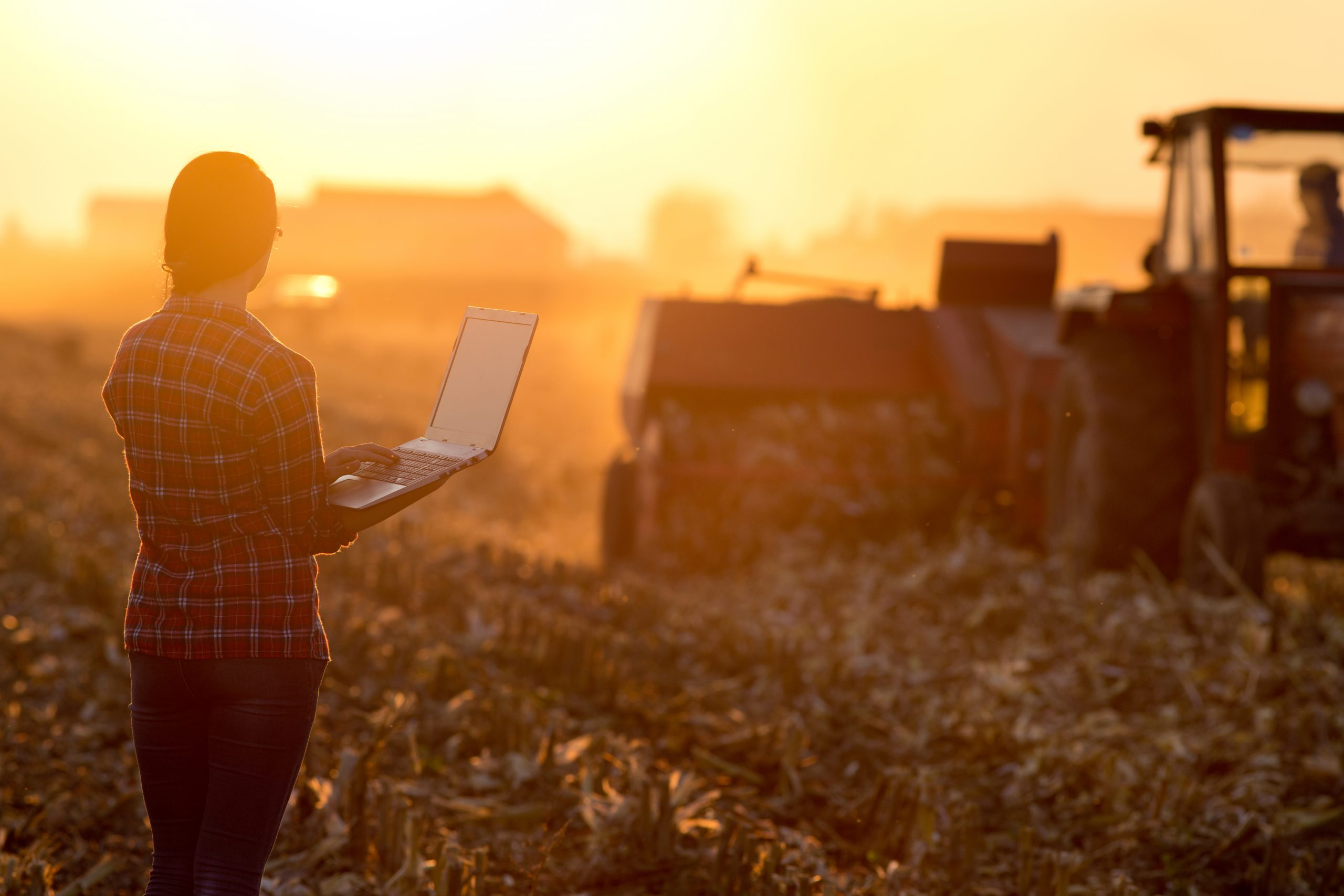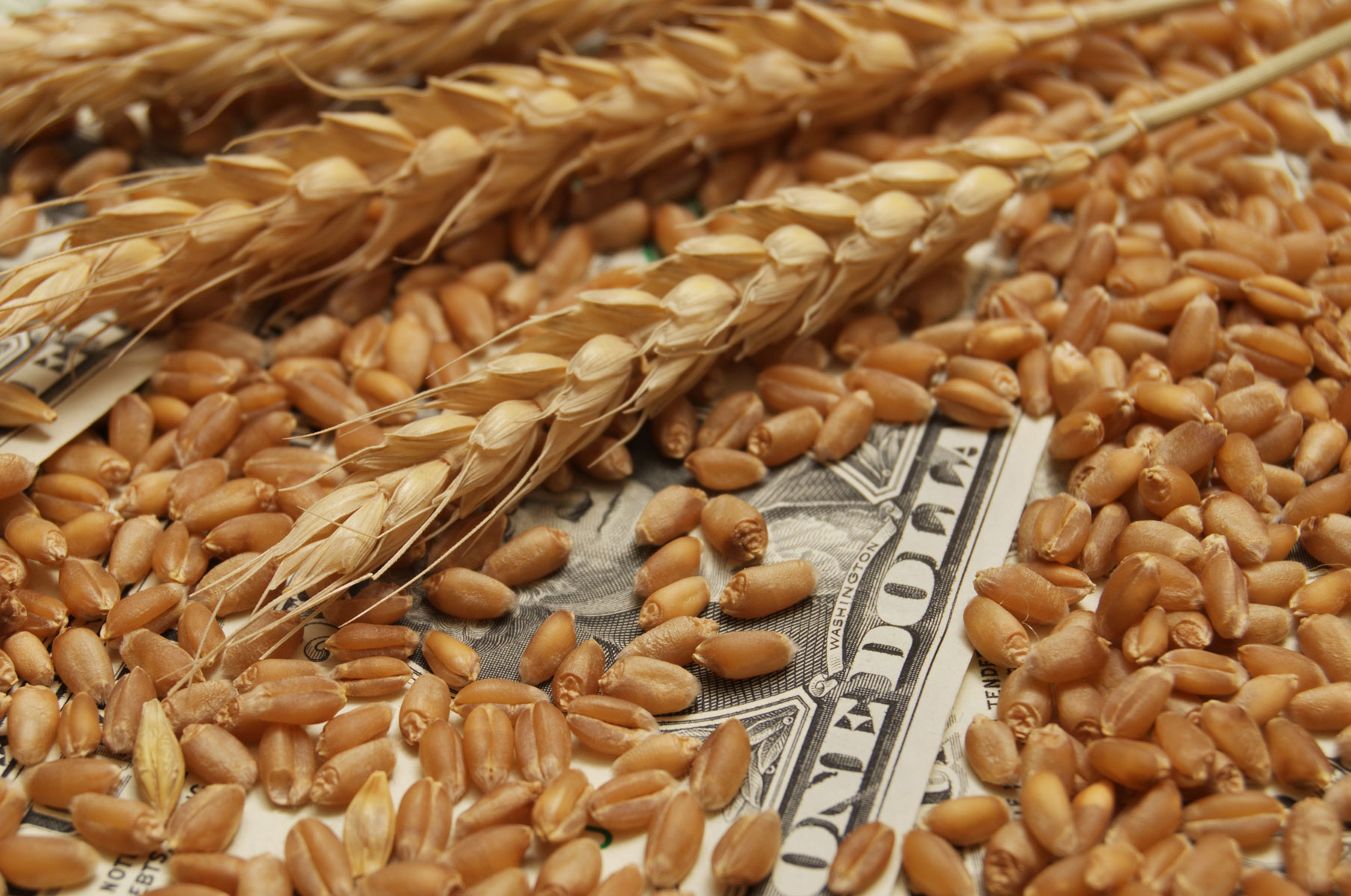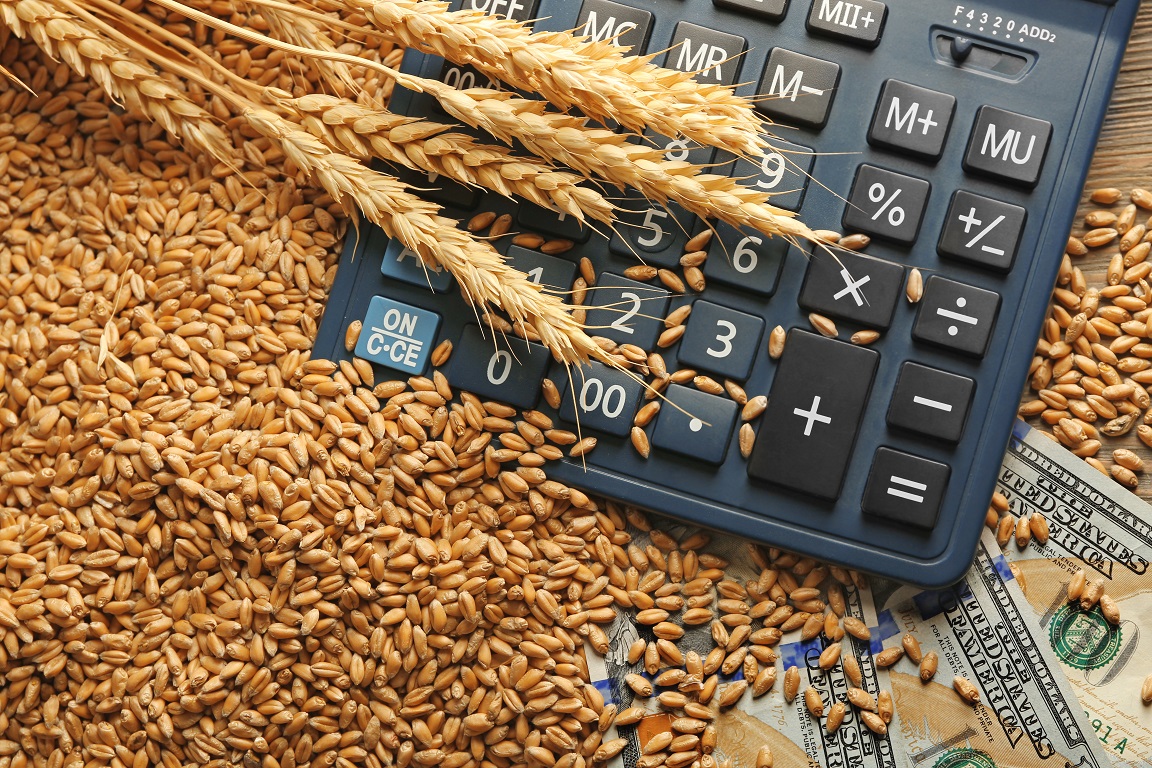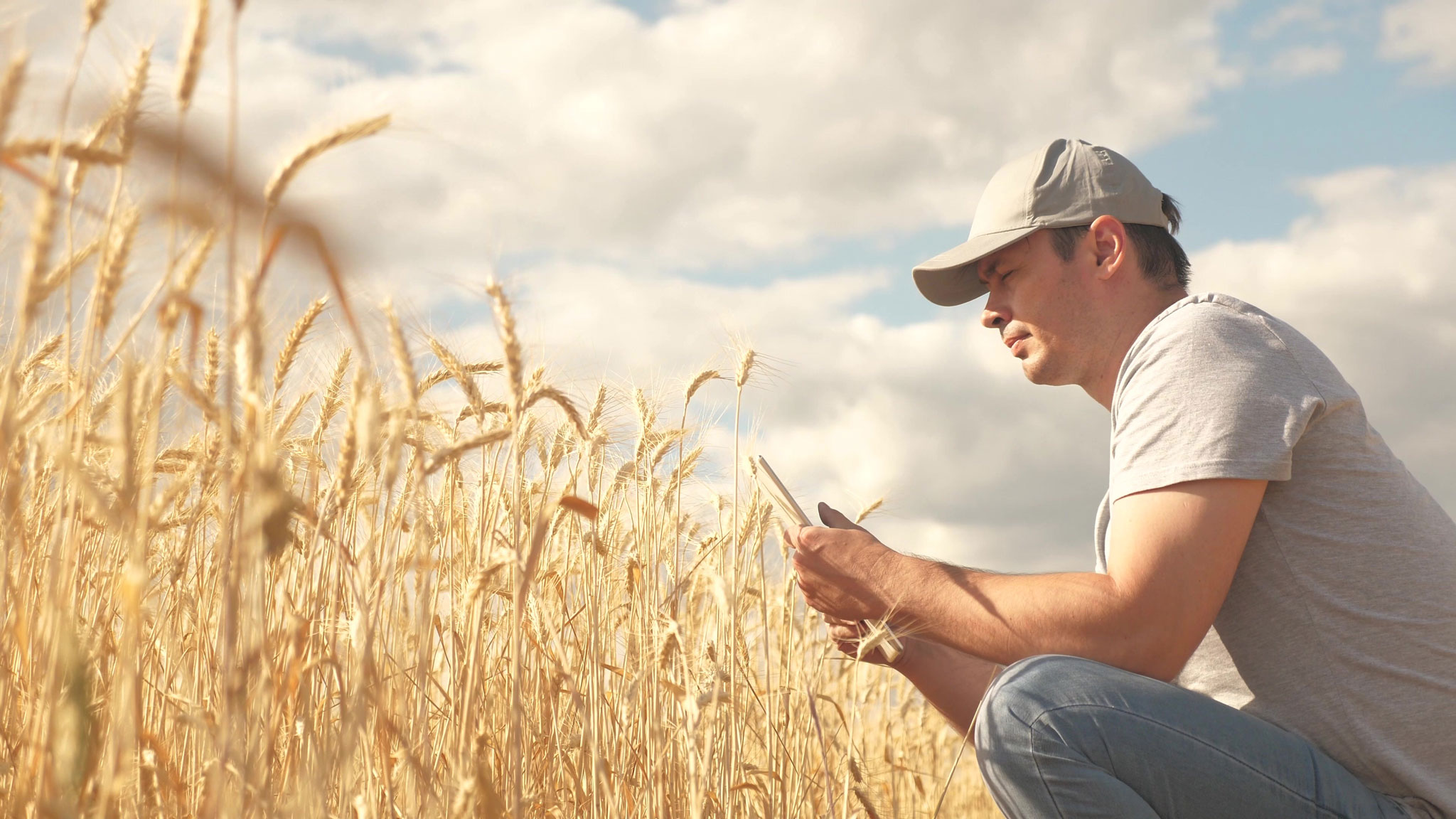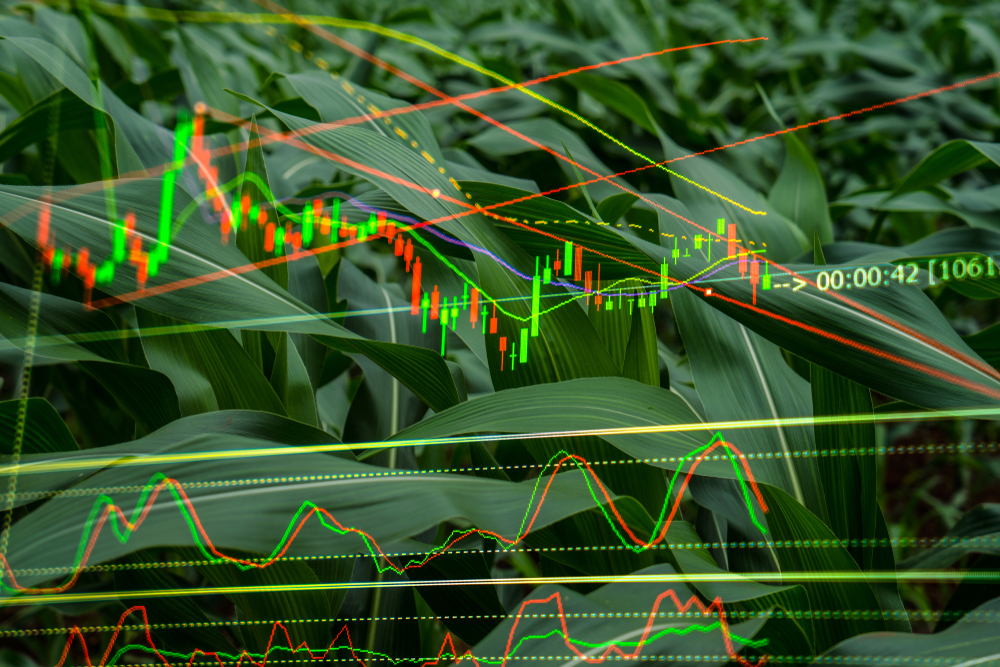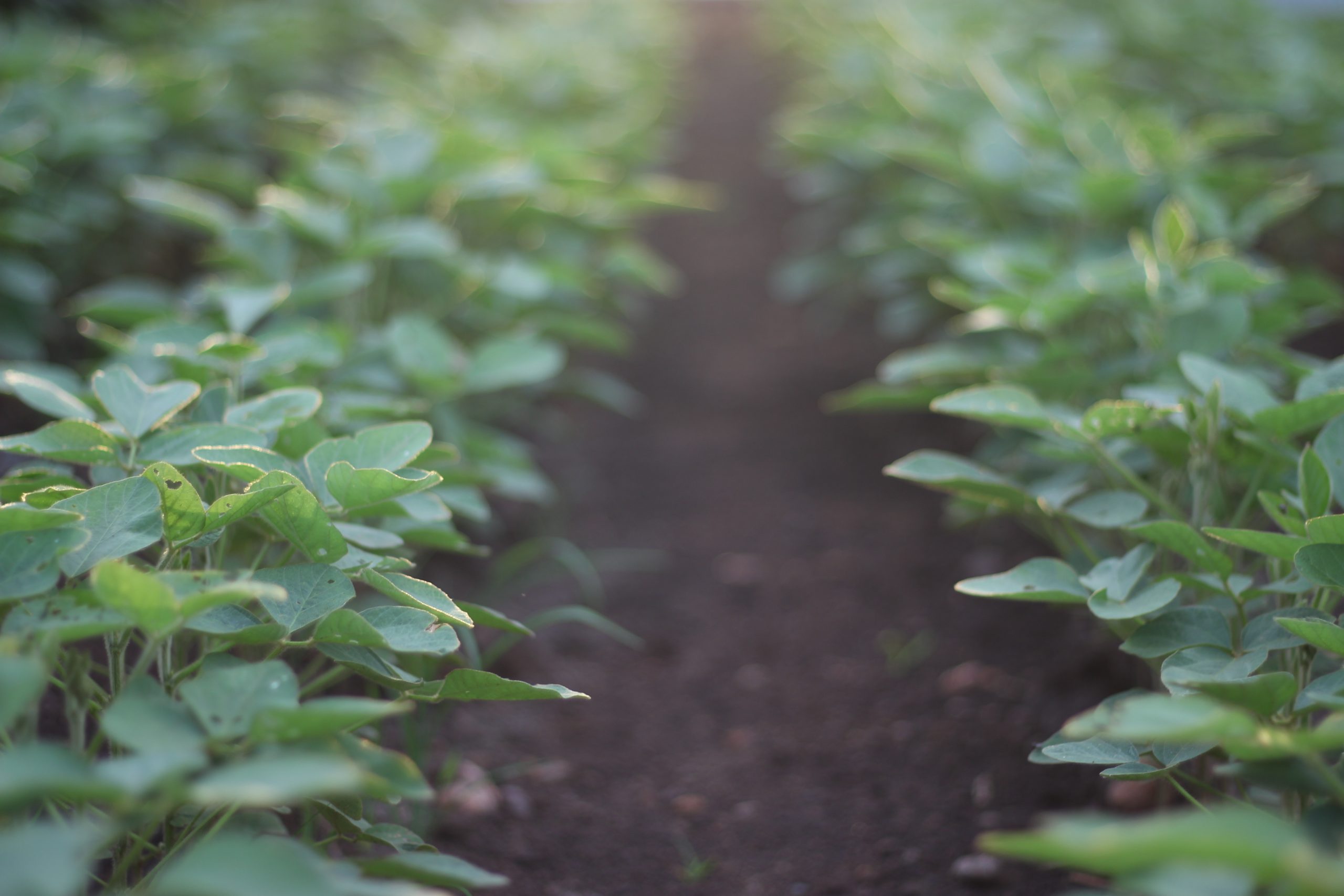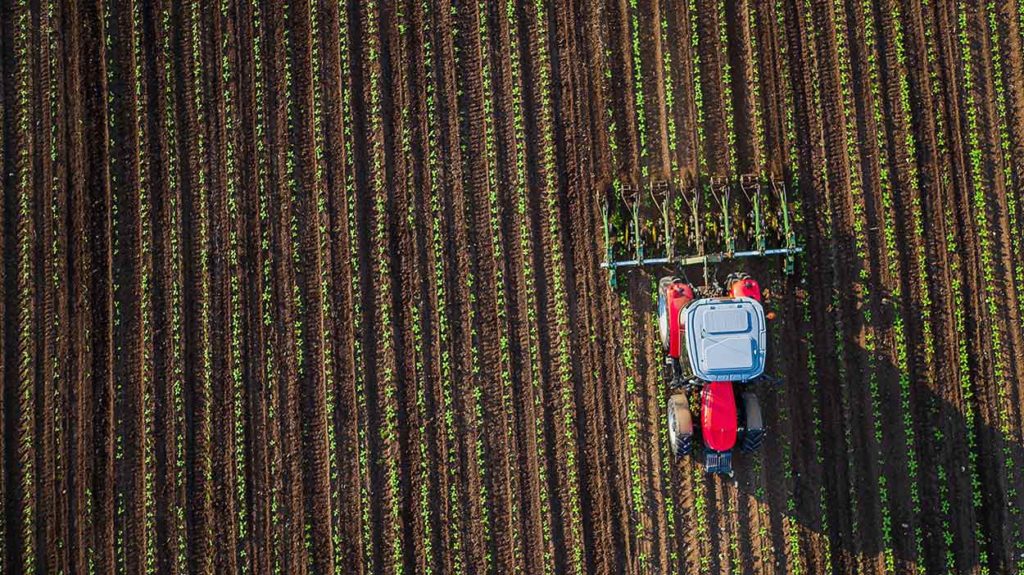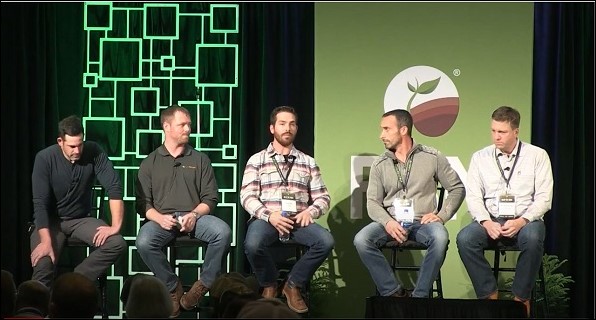- Published On: February 24, 2019
- Author: Steve Sinkula
Why aren’t U.S. farmers keeping up with demand for organic feed and food grains? The overall growth of certified U.S. organic production continues to behind demand, despite increasing farmer interest in converting all or some of their acres to organic.
Lauren Manning of AgFunder explores how important barriers to entry impact farmer adoption and highlights several AgTech and CPG companies with efforts to help U.S. organic growers in “Big Food and Non-Profits Are Promoting Organic Conversion, So Why Aren’t There More Organic-Focused Technologies?”
The article points out that “US farmland devoted to the production of organic corn, soybeans, wheat, oats, and barley grew by over 20% from 626,000 acres to 765,000 between 2008 and 2016. During roughly the same timeframe, however, the US organic livestock products industry nearly tripled in size from $1.2 billion in sales to $3.3 billion.”
The partnership between AgriSecure and FBN is featured as a group offering solutions to the help address the “mismatch existing between the fact that we are sitting in some of the most fertile corn and soybean ground in the world but the US is still importing a large amount of organic corn.”
To read the full AgFunder article: Big Food and Non-Profits Are Promoting Organic Conversion, So Why Aren’t There More Organic-Focused Technologies?”
Contact AgriSecure to learn how our team can help your farm operation benefit from organic production.
Related Articles
-
Imports Have an Impact on Organic Crop Prices: Here’s Why
Organic soybean prices are skyrocketing. The Jacobsen reported that prices were up to $32 per bushel in the Midwest in May 2021. What’s behind this impact on organic crop prices? And why aren’t organic corn premiums keeping up? In short: it’s all about supply and demand, especially imports, says David Becker. David is an analyst […]
-
New Options Offer Farm Loans for Organic Transition
If securing farm loans for organic transition feels daunting, we have some good news. It’s not as hard as it used to be. In fact, there’s a number of new options that could provide a solution for you and your operation. Traditional lenders, farmland investors, non-profits, and even big food companies are starting to create […]
-
Organic Farming Loans Support Growers during Transition
Ask a farmer what’s keeping them from transitioning to organic row crops, and you may be surprised to hear a common answer. Finances. It’s often a struggle to find organic farming loans tailored to their needs. Yes, organics offer excellent premiums and can bring long-term profitability. But first you have to get through the 36-month […]
-
Organic Breakevens: What to Know and How to Calculate
If you’re thinking about organics, you’ve probably debated whether it’s going to pay off — literally. Yes, the price premiums are good, but you’ve heard your yields will take a hit. How can you predict profitability? The answer: calculating your organic breakevens. What are an organic breakevens? Simply put, it’s a way to calculate what […]
-
Know Your Numbers to Push Crop Profitability
Yield is often the top priority in farming. The truth, though, is that the highest yields will not necessarily result in the highest ROI. And this is especially the case for organic production. We know good execution results in the best yields, but the best way to maximize your crop profitability is to know your […]
-
6 Ways to Protect Organic Profits in Uncertain Times
Economic uncertainty hits all sectors of the agriculture industry, including organics. The good news? It’s possible to safeguard your organic profits. For a start, it’s even more important for organic farmers to focus on executing their operations really well. The better the execution, the better you can weather the market conditions and remain profitable. Here […]
-
5 Steps for Financing the Transition to Organics
Profits. They’re one of the primary reasons farmers decide to move into organic production. Financing the transition to organics, though, can be one of your biggest hurdles. That’s why the support of a banker or ag lender can be a lifeline for farmers looking to get into organics. The right backing helps you build an […]
-
4 Keys to a Strong Organic Fertilizer Strategy
Questions about an organic fertilizer strategy are common in organic farming. How do I provide enough nutrients? In particular, nitrogen. How do I manage my crop and soil without using synthetic fertilizers? Fertilizer can come from a variety of organic sources, including animal waste, decomposing plants, and nitrogen-fixing crops like soybeans and clover. So it’s […]
-
Consider Organic Farming? Yes.
With so much economic uncertainty caused by the COVID-19 pandemic, you may be wondering: Is now the right time to transition into organic crop production? Is this the right time to increase the number of organic acres you’re already farming? My answer, yes. Current market conditions, falling commodity prices for conventional crops and somewhat lower […]
-
80 Million Millennials Can’t Be Wrong: Farmer Panel
80 million millennials are a part of the driving force behind the rapid growth of organic food demand. So why aren’t more farmers transitioning into a system that sees premiums of 2x over conventional and profitable margins? In a panel that took place at FBN’s Farmer2Farmer V event, AgriSecure co-founder and organic farmer Bryce Irlbeck […]
Get in the know
Our newsletter, it’s a quick read. You’ll get industry news plus all the latest organic insights. Who doesn’t want that?
